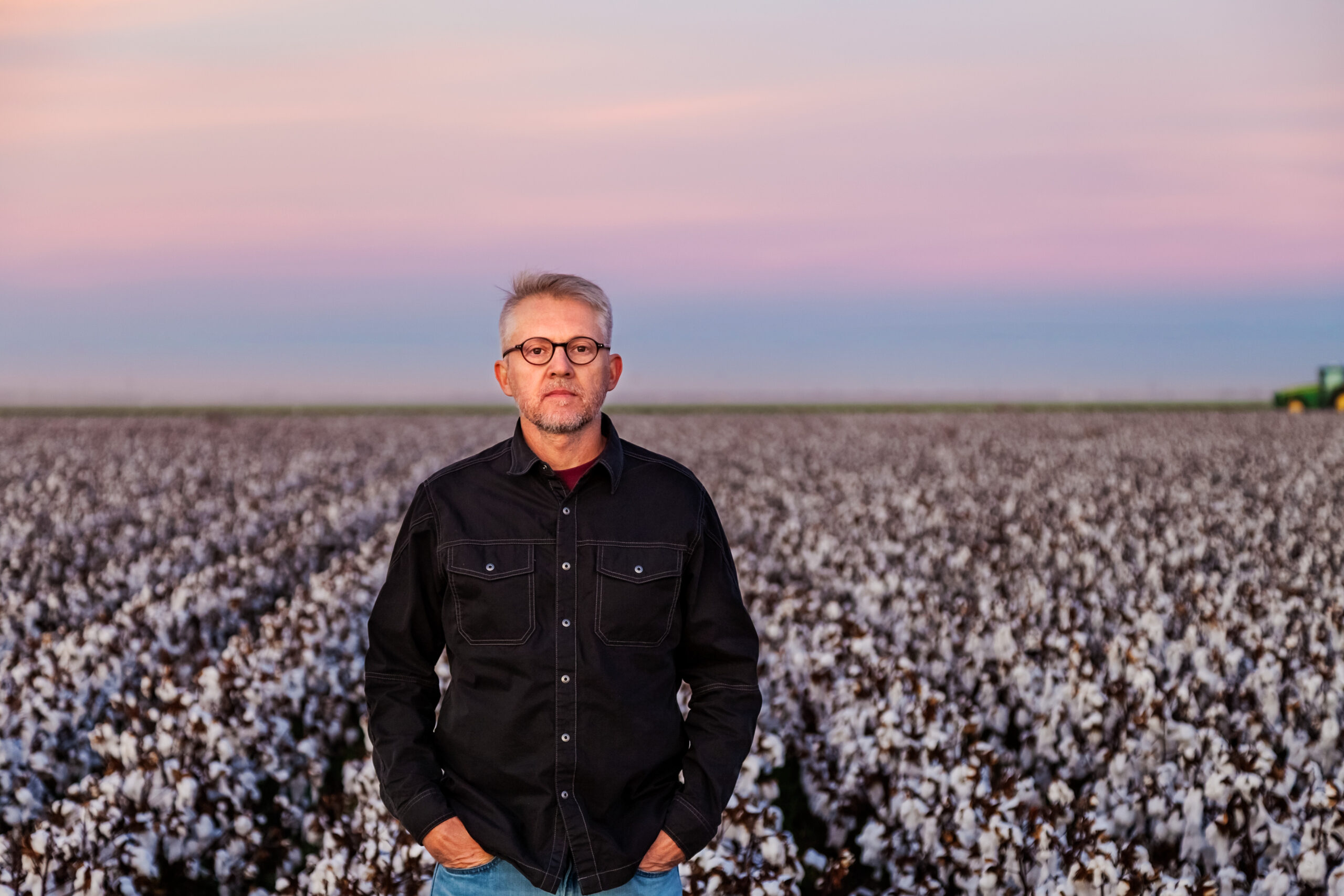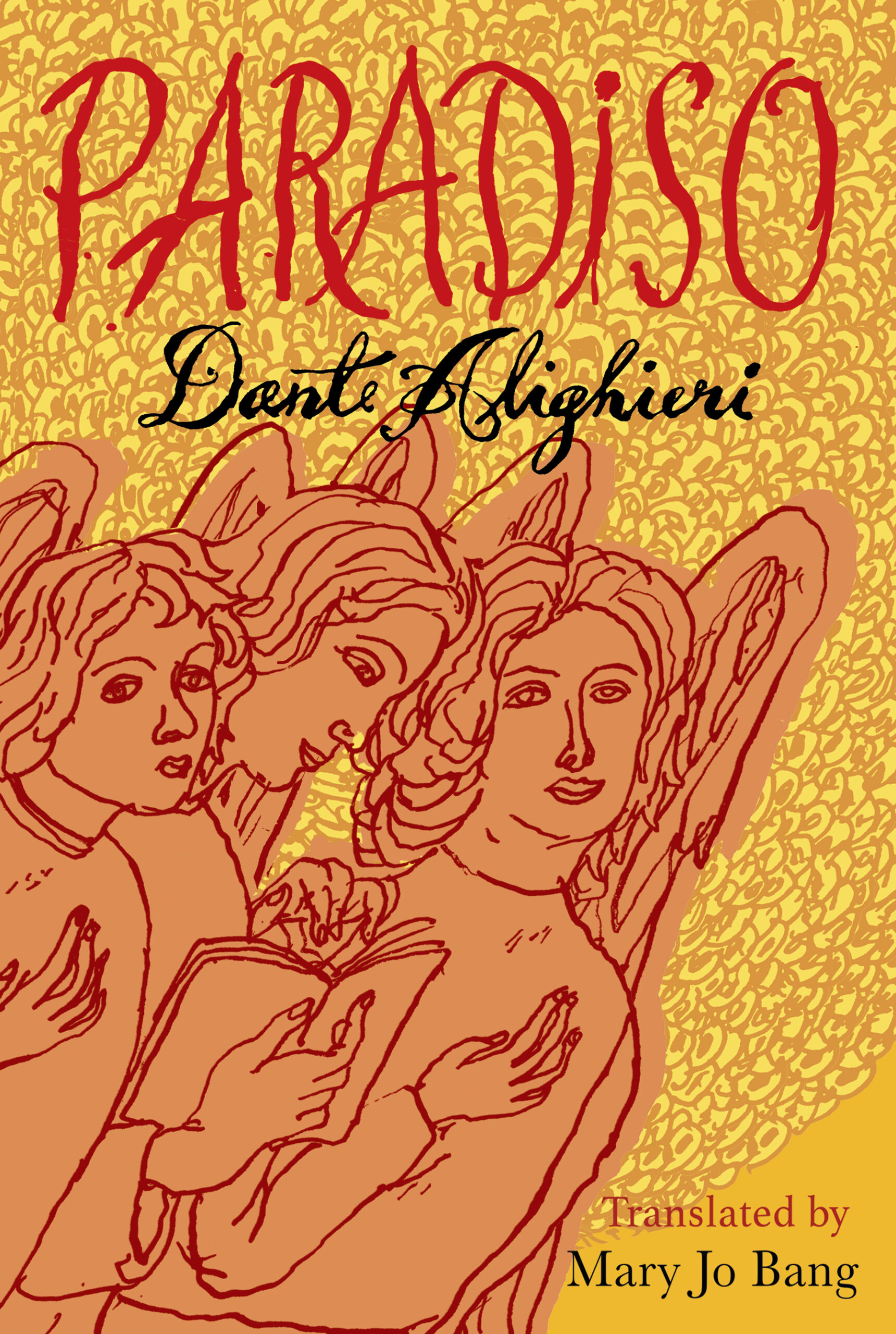By JOHN POCH
The youngest deconstructionists among us
are proud at first to spend their days breaking up
great slabs of fired tile every shade of wine
while the masters climb the scaffolds
with their gold pride, their gilt, reaching for
a sandal buckle or the heights of a halo.
They hardly talk to us. Their brushes whisper
like last century’s empress’s sarcophagus.
Some even design the important porticoes
of Bologna while another mixes saffron and yolk
for A Hawk Interrupting a Cockfight,
and still other artists make flames from marble
for a martyr’s placid passage heavenward.
Me, I have an idea for a saint’s head,
beardless and serene as a split melon.
We break and arrange the glazed and fired clay
in patterns, practicing all blessèd day
a fold of a cloak in a station of the cross
while the slaves and other poor dig ditches
to drain the city we will call Ravenna.
What a privilege to imagine a kingdom
rising out of little islands near the coast.
The kings and popes have lied for centuries
against the truth that we are a part of beauty’s good.
We still believe in full immersion here
and play with flying buttresses, imagining
the future of our past, though we work our fingers
to the bone which is white like the undersides of tiles.
The head of the saint before me is narrow as a skull.
I know that death gives life its halo.
John Poch is Paul Whitfield Horn Distinguished Professor at Texas Tech University. He has published seven books of poems, and individual poems and stories in The Nation, Poetry, The Paris Review, The New Republic, The Sun, The Hopkins Review, Orion, and many other magazines.




